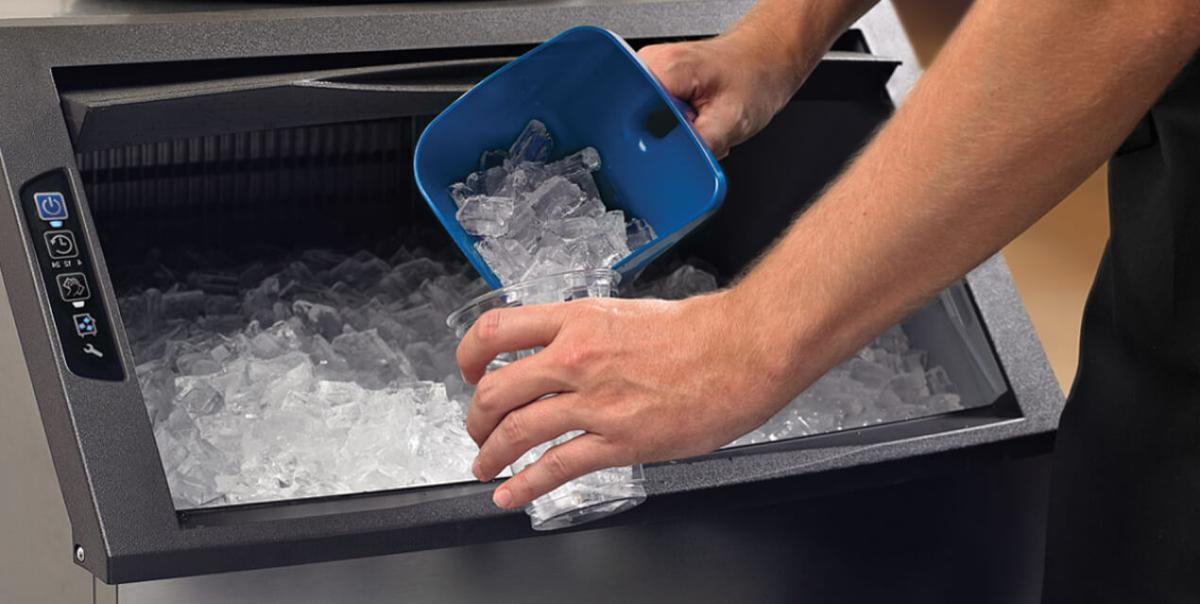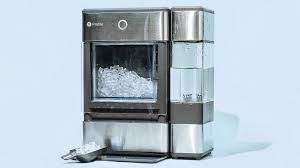Troubleshooting Common Ice Maker Problems At Home
When your ice maker stops working, it can disrupt your daily routine. From cooling drinks to hosting gatherings, a reliable ice maker is essential. Fortunately, many issues can be resolved with simple troubleshooting. For complex problems with appliance repair in Tallahassee, professional help is just a call away at (608) 429-0374. This guide offers practical steps to diagnose and fix common ice maker issues.
Understanding Ice Maker Issues in Tallahassee
Ice makers are complex appliances that rely on mechanical and electrical components. When they fail, it’s often due to simple issues that homeowners can address. By understanding these problems, you can save time and avoid unnecessary service calls. In Tallahassee, where warm weather increases demand for ice, keeping your appliance in top shape is crucial.

Common Reasons for Ice Maker Failure
Ice makers can malfunction for several reasons. Identifying the cause is the first step to effective troubleshooting. Here are some frequent issues:
- Blocked water lines: Debris or mineral buildup can restrict water flow, preventing ice production.
- Faulty thermostat: A malfunctioning thermostat may stop the ice maker from cycling properly.
- Low water pressure: Insufficient pressure can hinder the appliance’s ability to fill with water.
Regular maintenance can prevent these problems. However, if issues persist, contacting a professional at (608) 429-0374 ensures reliable appliance repair in Tallahassee.
Checking the Power Supply
A common issue is a disrupted power supply. If your ice maker isn’t working, verify that it’s plugged in and the outlet is functional. Power surges or tripped breakers, common in Tallahassee’s stormy weather, can interrupt operation. Use a multimeter to test the outlet or try plugging the appliance into another socket. If the power supply is stable but the issue remains, deeper troubleshooting is needed.
Inspecting the Power Cord and Connections
Examine the power cord for visible damage, such as fraying or cuts. Loose connections at the appliance or outlet can also cause issues. Ensure all connections are secure. If you notice damage, avoid using the ice maker until it’s repaired. For safe and efficient appliance repair in Tallahassee, call (608) 429-0374 to schedule professional assistance.
Diagnosing Water Supply Problems
Water supply issues are among the most common reasons ice makers fail. Without adequate water, the appliance cannot produce ice. Checking the water line and related components is a critical step in troubleshooting.
Inspecting the Water Line
A clogged or frozen water line can halt ice production. First, ensure the water valve supplying the ice maker is fully open. Next, inspect the line for kinks or blockages. If the line is frozen, gently thaw it using a hairdryer on a low setting. Regular checks can prevent these issues, keeping your ice maker running smoothly.
Addressing Low Water Pressure
Low water pressure can prevent the ice maker from filling properly. Check your home’s water pressure using a gauge or consult a professional. If pressure is low, the issue may stem from your home’s plumbing system. For expert help with appliance repair in Tallahassee, reach out to (608) 429-0374 to resolve water-related issues quickly.
Testing the Water Inlet Valve
The water inlet valve controls water flow into the ice maker. If it’s defective, water won’t reach the ice tray. Use a multimeter to test the valve’s continuity. If it’s faulty, replacement is necessary. This task requires technical skill, so consider professional assistance to ensure proper installation and function.
Maintaining Your Ice Maker for Longevity
Regular maintenance can extend the life of your ice maker and prevent common issues. Simple tasks, like cleaning and checking components, can make a significant difference. In Tallahassee’s humid climate, maintenance is especially important to avoid mold or mineral buildup.
Cleaning the Ice Maker
Clean your ice maker every six months to remove scale and debris. Use a mixture of water and vinegar to clean the ice tray and interior components. Rinse thoroughly to avoid affecting ice taste. Regular cleaning ensures efficient operation and high-quality ice.
Replacing the Water Filter
A clogged water filter can restrict water flow, reducing ice production. Replace the filter every six months or as recommended by the manufacturer. Check the filter for clogs or damage before replacing it. This simple step can prevent many issues and maintain ice quality.
Scheduling Professional Maintenance
While DIY maintenance is helpful, professional inspections catch issues early. Technicians can identify problems that may not be obvious to homeowners. For comprehensive appliance repair in Tallahassee, contact (608) 429-0374 to schedule a maintenance visit.
When to Seek Professional Help
Some ice maker problems require expert intervention. Complex issues, like electrical faults or compressor failures, are best handled by professionals. Attempting to fix these without proper training can lead to further damage. In Tallahassee, skilled technicians are available to diagnose and repair issues efficiently. Learn more about our ice maker repair services.
Choosing a Reliable Repair Service
Select a repair service with a strong reputation and experienced technicians. Check reviews and ask about certifications to ensure quality work. A trusted provider will diagnose issues accurately and offer lasting solutions, keeping your ice maker in top condition.

Conclusion
Troubleshooting ice maker problems at home can save time and keep your appliance running smoothly. By checking the power supply, water line, and performing regular maintenance, you can address many common issues. However, for complex problems or persistent failures, professional help is essential. In Tallahassee, expert technicians are ready to assist with appliance repair in Tallahassee. Call (608) 429-0374 for reliable service and keep your ice maker in top shape.
FAQs
Why is my ice maker not producing ice?
A lack of ice production can stem from a clogged water line, low water pressure, or a faulty inlet valve. Check the water supply and ensure the valve is open. Clean the appliance to remove blockages. If the issue persists, professional help may be needed.
How often should I clean my ice maker?
Clean your ice maker every six months to prevent scale and debris buildup. Use a vinegar-water solution for thorough cleaning. Regular maintenance ensures high-quality ice and extends the appliance’s lifespan.
What causes my ice maker to leak?
Leaks can result from a cracked water line, loose connections, or a clogged drain. Inspect the water line and tighten connections. If the problem continues, a technician can diagnose and fix the issue accurately.
Can I replace the water filter myself?
Yes, replacing the water filter is a simple task. Follow the manufacturer’s instructions to remove and install a new filter. Replace it every six months to maintain water flow and ice quality